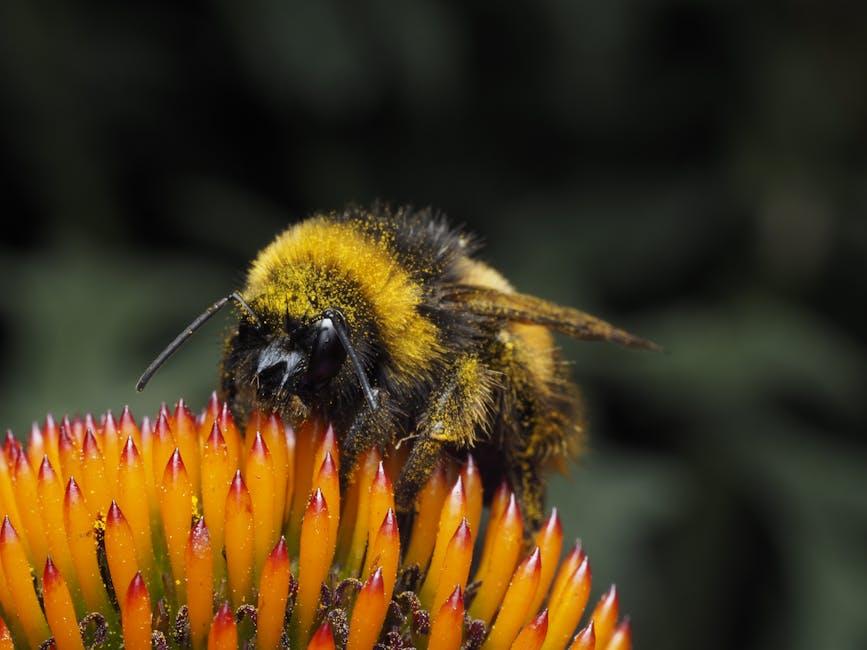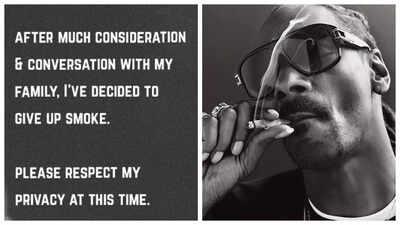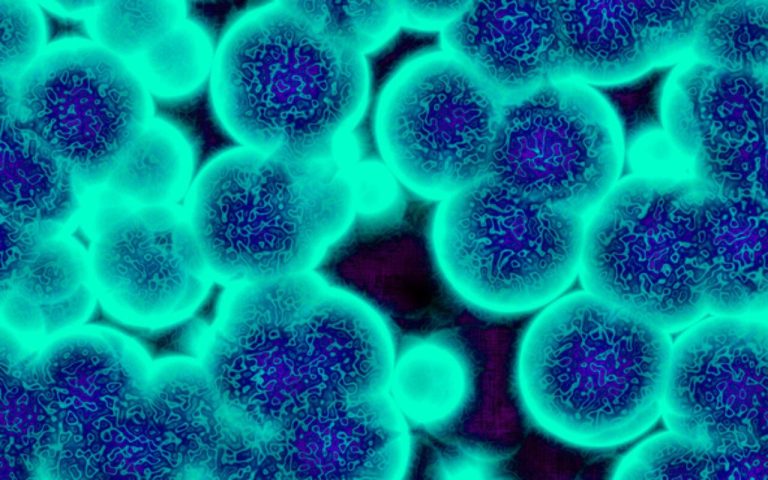Welcome to the brave new world where your heartbeat isn’t just yours anymore—it’s Google’s, Facebook’s, and probably your toaster’s too. Bio-surveillance and privacy? Oh, you mean that charming dance where Big Brother swipes right on your DNA data while you’re blissfully unaware. In an era where every sneeze, step, and snack is meticulously tracked for the “greater good,” navigating digital health risks has become less about staying healthy and more about dodging the all-seeing eye. Forget cloak-and-dagger; it’s all about data trails and privacy fails. So buckle up, because if you thought your last Zoom meeting was invasive, wait until you meet your new bio-surveillance overlords. Let’s dive into this delightful mess where your personal health info is just another byte in the endless buffet of data harvesting—served with a side of “Who’s watching you?”
Big Brother’s New Favorite Hobby Tracking Your Health Data
Welcome to the era where your Fitbit knows more about your bedtime habits than your own mother. Every step you take, every heartbeat racing during that Netflix binge, and let’s not forget those oh-so-honest calorie counts are being logged and lovingly scrutinized by systems you never signed up for. Your smart toaster might even be gossiping about your carb intake while you’re busy ignoring its notifications. It’s like having a nosy neighbor who’s also a data scientist, ensuring they stay informed about every trivial aspect of your existence.
But hey, who needs privacy when you’ve got gadgets that promise to *improve* your life? Here’s a delightful snapshot of what’s being harvested from your daily grind:
- Location Data: As knowing where you are adds that extra layer of excitement to corporate databases.
- Health Metrics: Blood pressure, sleep patterns, and that sneaky spike in heart rate when you see your bank statement.
- Behavioral Insights: Shopping habits, app usage, and your undying loyalty to that questionable midnight snack.
- Biometric Data: fingerprints, <a href="https://mindfulmint.org/2024/06/28/optimizing-your-mental-and-financial-health-with-smartwatches/” title=”Optimizing Your Mental and Financial Health with …”>facial recognition, and that embarrassing gym selfie you thought was private.
If you thought this was all, brace yourself for the cherry on top—your data could one day decide your fate more than your actual decisions. Cheers to living in a world where your personal facts is the hottest commodity, and your privacy is just a quaint notion from the past!
| Data Type | Potential uses |
|---|---|
| Location Data | Targeted Advertising, law Enforcement |
| Health Metrics | Insurance Premiums, Personalized Marketing |
| Behavioral Insights | Product Growth, User Experience optimization |
| Biometric Data | Security systems, Identity Theft Risks |

When Privacy Takes a Nap how bio-Surveillance ignores Your Boundaries
Privacy? What’s that? Bio-surveillance has taken it on a permanent vacation. your personal health data is no longer your own, thanks to a fancy network of sensors and trackers that just can’t keep their hands off your vitals. It’s like having an unwelcome health coach who texts you 24/7.
Here’s how your boundaries are being spectacularly ignored:
- Endless Monitoring: as your every heartbeat deserves public attention.
- Data Overload: Sharing your health stats like it’s the latest gossip.
- No Escape: Privacy settings? More like privacy suggestions.
| Surveillance Tool | Privacy Intrusion Level |
|---|---|
| Smartwatches | High—as who needs downtime? |
| Fitness Apps | Medium—track those workouts, sell your data. |

Stop Feeding the Data Gremlins Practical Tips to Keep Your Health Info Yours
If you think your health data is safe just because you’re not a tech giant, think again. Here’s how to stop those pesky data gremlins from munching on your private info:
- Read the Fine Print – Yeah, nobody actually does this, but it’s your best shot at knowing who’s snooping.
- Limit App Permissions – don’t let your fitness tracker know where you hide your midnight snacks.
- Use Strong Passwords – “password123” is cute until you’re hacked.
- Opt-Out when Possible – If they give you the choice, don’t share. Seriously.
Still feeding the data gremlins? Here’s a quick cheat sheet to keep your health info on lockdown:
| Action | Why it Matters |
|---|---|
| Enable Two-Factor Authentication | Adds an extra layer of security |
| Regularly Update Software | Fixes vulnerabilities before gremlins exploit them |
| Use Encrypted Services | Ensures your data isn’t readable if intercepted |
Stop being an easy target and take these steps before your health info becomes someone else’s midnight entertainment.

Fight Back or Fold action Plans to Outsmart Digital Health Snoops
Ready to take down the digital health Big Brother? Good luck! Start by ruthlessly decluttering your digital life. Uninstall those sneaky health apps that track your midnight snacking habits and delete any accounts you forgot you had. seriously, who needs another app telling you that your heart rate spikes when you’re binge-watching reality TV? Here’s your survival checklist:
- Audit Your Apps: Delete anything that asks for more data than the CIA.
- Max Out Privacy Settings: Turn every possible knob to “Private” until your phone looks like a fortress.
- Embrace VPNs: Hide your digital footprints like you’re secretly Batman.
But wait, there’s more! Don’t just rely on tech hacks. get back to basics by shredding physical health records and thinking twice before sharing your latest wellness craze on social media.After all, oversharing is so 2020. To keep things exciting, here’s a nifty table to track your progress:
| Action | Effectiveness |
|---|---|
| audit your Apps | 🚀 High |
| Max Out Privacy Settings | 🔒 Medium |
| Shred Documents | 🗑️ Low |
Q&A
Welcome to the no-nonsense Q&A where we cut through the BS about bio-surveillance and your ever-vanishing privacy. Buckle up.
Q1: What the heck is bio-surveillance anyway?
A1: Oh, you know, it’s just the fancy term for Big Brother watching your every bodily movement. Bio-surveillance involves collecting data from your health metrics—think wearables tracking your heart rate, sleep patterns, and probably how many times you check memes each day. It’s like having a nosy neighbor who knows when you sneeze.
Q2: Why should I even care about bio-surveillance invading my privacy?
A2: Great question! Unless you enjoy living in a world where your personal health data is as exposed as your embarrassing high school photos, you should care. Bio-surveillance can lead to your sensitive information being misused, whether it’s insurers hiking up your rates because you take too long to respond to texts or employers firing you for your nocturnal snoring habits.
Q3: How is this data even collected? It sounds creepy.
A3: Well, autosurveillance gadgets like fitness trackers, smartwatches, and your beloved smartphone apps are constantly stealing—uh, collecting—your data. They track everything from your steps to your stress levels, probably even judging you silently for that extra slice of pizza you had last night. All this data is then sent to whoever’s paying to peek into your private life.
Q4: Isn’t bio-surveillance suppose to help with public health?
A4: Sure, if you enjoy being a guinea pig for your government’s data experiments.While bio-surveillance can theoretically help track disease outbreaks and improve healthcare, it often feels like sacrificing your privacy on the altar of “public good.” In reality, it’s a slippery slope from health monitoring to total surveillance state. Fun times!
Q5: What’s worse: bio-surveillance or actual surveillance?
A5: Both have their charms, but bio-surveillance wins at being extra creepy. Traditional surveillance watches where you go and who you meet. Bio-surveillance digs deep into your biological data, revealing intimate details about your health, habits, and possibly your existential dread levels. It’s like surveillance on steroids—literally.
Q6: Can I do anything to protect my privacy from bio-surveillance?
A6: Oh, bless your optimistic heart. You can try ditching all your gadgets and living like it’s 1999, but good luck. In today’s hyper-connected world, avoiding bio-surveillance is like trying to dodge raindrops in a hurricane. At best, turn off tracking features and use privacy-focused devices. At worst, resign yourself to a life of digital invisibility—and who wants that?
Q7: Are there any regulations to keep bio-surveillance in check, or is this a free-for-all?
A7: Spoiler alert: It’s a muddled mess.While there are supposed to be regulations like GDPR in Europe, enforcing them is like herding cats—ineffective and messy. Corporations find clever loopholes, and governments prioritize data collection over your precious privacy.So, enjoy living in the wild west of digital health data.
Q8: What’s the endgame here? Are we heading towards a dystopian health Big Brother reality?
A8: If current trends are anything to go by, we’re striding gallantly towards it. Picture a world where your every sneeze is analyzed for diseases, your stress levels dictate your job security, and your sleep patterns are auctioned off to the highest bidder. It’s like Orwell had a byte of your biometric data and decided to cash in. Lovely future, right?
Q9: Any silver linings in all this bio-surveillance madness?
A9: Well, if you’re into the whole “better public health” shtick, maybe.Bio-surveillance can perhaps lead to quicker disease detection and tailored healthcare. But let’s not kid ourselves—it’s a double-edged sword where the sharp end is poking into your most private data while the blunt side pretends to offer benefits. Use with caution, or better yet, skepticism.
Q10: Final thoughts? Should I just give up and embrace my data being watched?
A10: Absolutely not. Embrace resisting the unavoidable invasion of your privacy with the same enthusiasm you have for dodging salad at a pizza party. Stay informed, demand better protections, and don’t let the allure of shiny gadgets hypnotize you into oblivion.Your privacy is your right—don’t hand it over willy-nilly.
There you have it. Bio-surveillance stripped down to its sarcastic, raw essence. Now go forth and navigate the digital health maze with your eyes wide open.
In Conclusion
So there you have it, folks. Bio-surveillance: because nothing says “I care about your health” like Big Brother peering into your biological secrets. Privacy? Oh,that’s cute—like trusting your nosy neighbor with your deepest,darkest DNA quirks. As we march bravely into this brave new world of digital health risks, remember to tip your hat to the tech overlords collecting every sneeze and heartbeat while you’re busy Googling your latest symptoms. Navigating this maze of data espionage and wellness wizardry isn’t exactly a walk in the park, but hey, who needs privacy when you can have perfectly tailored health alerts, right? So buckle up, embrace the irony, and maybe invest in a good pair of metaphoric sunglasses—because in the age of bio-surveillance, your privacy isn’t just on the line; it’s practically on display. Cheers to living in a world where your health data is the hottest commodity since sliced bread. Bon appétit!


